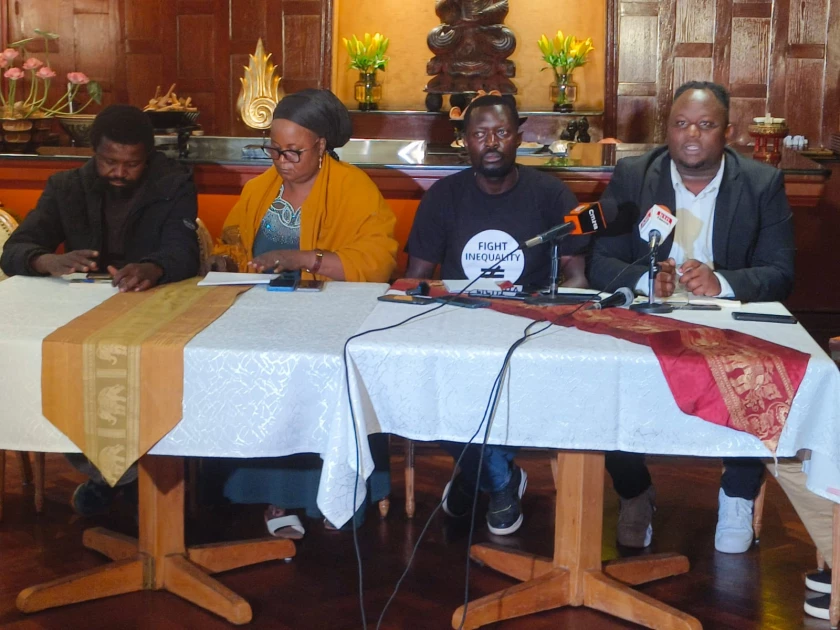The African Union (AU) officially joined the Group of 20 Nations (G20) as announced by Indian Prime Minister Narendra Modi on Saturday during the World Leaders’ Summit in New Delhi, India.
South Africa has been the only G20 member since its inception from the African continent. The African Union is the second regional bloc of 55 countries to join the G20 after the European Union, representing 27 countries.
By joining the G20, Africa has been elevated to the top of the world’s most powerful governance bodies. The membership is also an opportunity for the continent to resolve the issues of climate change, trade and debt.
According to climate change non-state actors, the AU inclusion into G20 is Africa’s opportunity to align climate and development policies while accelerating the transition to renewable energy.
“This is also Africa’s opportunity to lead the world in the Just Transition framework on Global South terms: align climate and development policies, rapid phase-out of all fossil fuels, restoring food sovereignty in the Global South, and leapfrog to a renewable energy system via Global South industrial policies,” said Fadhel Kaboub, Associate Professor of Economics, Denison University and the president, Global Institute for Sustainable Prosperity
Joab Okanda, who is the Pan Africa Senior Advocacy Advisor, Christian Aid said that
the global decision-making spaces where international economic and climate response policies are designed and implemented have for a long time been fundamentally undemocratic and structurally underrepresented the Global South and in particular countries on the frontline of the climate and economic crises.
“The African Union’s admission to the G20 is welcome. I hope its inclusion to this unofficial but powerful global decision-making body is not just about having a seat at the table but a real opportunity to define what’s on the menu for majority of poor countries and an impetus to act with the urgency and scale of ambition needed to deal with the intersecting crises of climate, hunger, and debt,” Okanda stressed.
Senior Advisor on Climate Diplomacy and Geopolitics at the African Climate Foundation (ACF), Faten Aggad, took cognizance of those who have for a long time championed AU inclusion into G20.
“Congratulations to those who have long advocated for it. But we will now need to roll up our sleeves & get to work to ensure that this will actually deliver for Africa and not become an opening of influence for the interest of others,” he said.
“This means that we urgently need to put in place a clear structure and support mechanisms to ensure that whoever is sitting on that chair is representative of AU views; we need transparency, consultation processes to be able to use this platform effectively.” He added.
Mohammed Adow, Founder and Director, Power Shift Africa is among the climate change crusaders who added his voice to the move.
“The inclusion of the African Union into the G20 has long been talked about so it’s good to see it finally coming. Hopefully adding countries on the very front line of the climate crisis will provide some impetus to improve the quality and urgency of the G20’s response to climate change,” he said.
For too long the G20 has dragged its feet, making promises on climate then failing to act on them. We need to see African leaders holding the G20 polluters’ feet to fire and turn it into a group that takes the lead on climate action.” Adow added.
The move to add AU into G20 group come at a time when African leaders hold that Africa continent has the capacity the drive the Global Economy should the virgin opportunities in the continent be fully exploited.



